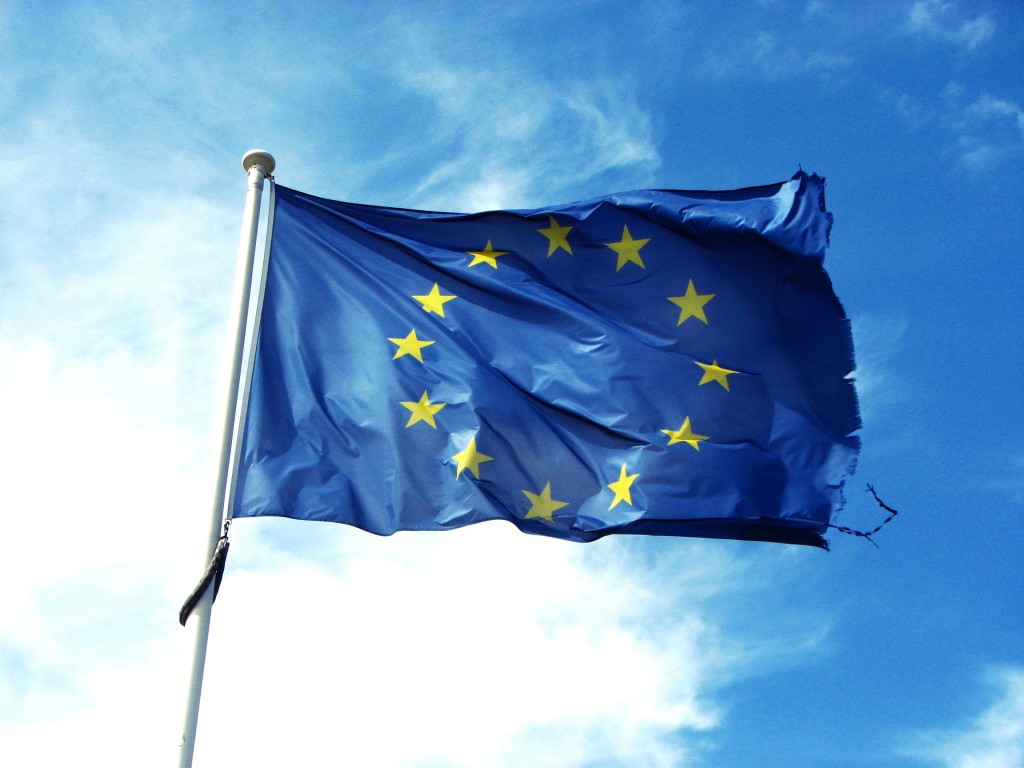“I did it my way” – Frank Sinatra’s song gave rise to a popular theory explaining the collapse of communism. It alluded to a policy of Warsaw pact states of choosing their own way. We can easily draw parallels with the European Union and its current state.
Disintegration strikes at the heart of the most successful integration project created as consequence of the scourge of war. A couple of years ago, the EU was awarded the Nobel Peace Prize. Today it has too few defenders to survive turbulent times without major setbacks. This trend is reversible but we must start with a real assessment of where the problem lies.
Clearly, it is not at the level of European institutions – all policy failures of recent years can be attributed to the national level rather than to the mythical “Brussels”. We tend to think about the EU’s missing legitimacy while it is the member states that continuously impede the EU’s actions. In these crises, there wasn’t “too much Europe”, on the contrary – failure was due to insufficient transnational integration or the fact that too many countries were breaking the rules and were not punished – the Eurozone is a clear example.
It is the member states that failed. Nevertheless, for years, they chose to blame the EU for everything that went wrong with their national policies. Problems were Europeanized while EU successes were nationalized. The fact that the Brexit referendum was lost is no coincidence either, given that for such a long time the British political elite portrayed the EU as an enemy trying to interfere with the rights of the British people. The British PM’s change of heart shortly before the referendum came too late to be credible.
The search for a remedy for the multidimensional and multiple crises of European integration may now turn into a vicious circle. No one is thinking about a great leap forward, although usually crises gave that sort of leverage and historically crisis tended to strengthten the EU. On the other hand, populists have an appetite for shifting some of the competences to the national level. This, however, will not resolve Europe’s problems because they caanot be solved on a level of individual states. The traditional strategy of muddling through will also not work. Continuing business as usual may simply deepen the crisis of the EU. It looks like EU is thus struggling with a crisis in crisis management.
After decades of optimism we should start imagining Europe without the EU. If we do not fix that project and make it successful, it may turn out to be mortal. The EU does not need a major structural overhaul or another treaty change. It needs a change of attitudes. European citizens will no longer legitimize the process of European integration as ithey did in the past. But they could legitimize the outputs. They need a Europe of results and politicians who are honest about on which level the results can be achieved. The British government has organized a very detailed review of competences and found out that the EU’s activities brought added value to resolve public problems. But this fact was not politically included in the debate.
Politicians should also be much more creative when they think about the nature of the problems that we face in Europe. If there is record-high unemployment of youth across Europe, why not think about a pan-European solution? It is clear that member states cannot cope with this on their own (just as in the case of the European Border or Coast Guard). Where there is a will, there is a way.
Finally, politicians should spend less time with media advisors and more time with policy advisors. Should they come to China, it would be also good if they took a look at a Sino-centric map and try to find Europe on it. In addition, instead of following popular resentments and emotions, they shall also educate their electorates. Again, it is all about leadership.
The article was originally published in New F Word. Europe and Brexit (ed. by Milosz Hodun, Projekt: Polska 2016, ISBN 978-83-936110-1-0)



